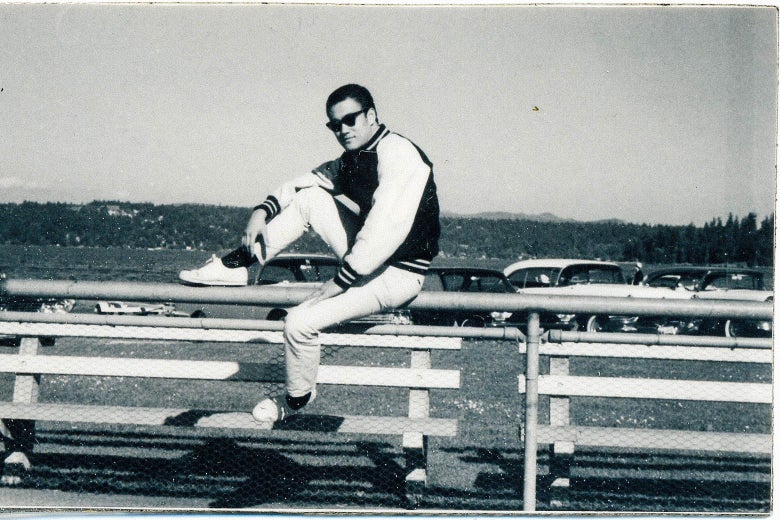
This Sunday, just a few weeks after the network finished airing its incoherent, bloated, and breathlessly hyped Michael Jordan advertisement The Last Dance, it will premiere Be Water, a nimble, nuanced, and at times even poetic documentary about martial arts legend Bruce Lee.
Directed by Bao Nguyen, Be Water is one of the best entries in ESPN’s longstanding 30 for 30 documentary series, and a welcome reminder that the network is capable of producing terrific original content when it’s not under the thumb of those it’s covering.
Lee starred in only four completed martial arts films in his lifetime, the last and most famous of which, Enter the Dragon, was released one month after his sudden death by cerebral edema in the summer of 1973.
With the possible exception of James Dean, it’s difficult to think of another movie star who’s exerted such monumental influence in such a relatively slim body of work.
On top of being a naturally electric screen presence—in his youth, Lee had been one of the most successful child actors in the Hong Kong film industry—Lee was a truly groundbreaking martial artist who saw himself as a sort of global evangelist for Jeet Kune Do, the hybrid “fighting without fighting†philosophy that he created.
At one point in the film, a moviegoer in Hong Kong likens Lee to Rudolf Nureyev, and there is indeed something acutely balletic to Lee’s physicality, the complete and total control over his own body and its breathtakingly dangerous extremities.
Be Water is best when exploring the subject of race, a topic that it approaches with rare sensitivity for an ESPN production.
(To emphasize the former, the film touches on Mickey Rooney’s appalling turn as Mr. Yunioshi in 1961’s Breakfast at Tiffany’s.) Lee had to fight tooth and nail to work outside of these constraints, and was still met with indignities at every turn.
In the early 1970s idea of an Asian American man—a demographic that had been relentlessly emasculated in American culture going back to the early 19th century—taking on anything resembling a conventional “hero†role was anathema to white Hollywood, but when Lee returned to Hong Kong for his first martial arts film, 1971’s The Big Boss, he became something of an overnight sensation.
Martial arts films exploded in popularity in the 1970s and 1980s, and soon his legacy was evident in everything from The Karate Kid to the Teenage Mutant Ninja Turtles to the music of Wu-Tang Clan.
The film’s title refers to Lee’s famous exhortation to “be waterâ€: “Formless, shapeless … water can flow, or it can crash.†But of course water is also what we drink, bathe in, and swim in.
By joining Slate Plus you support our work and get exclusive content
